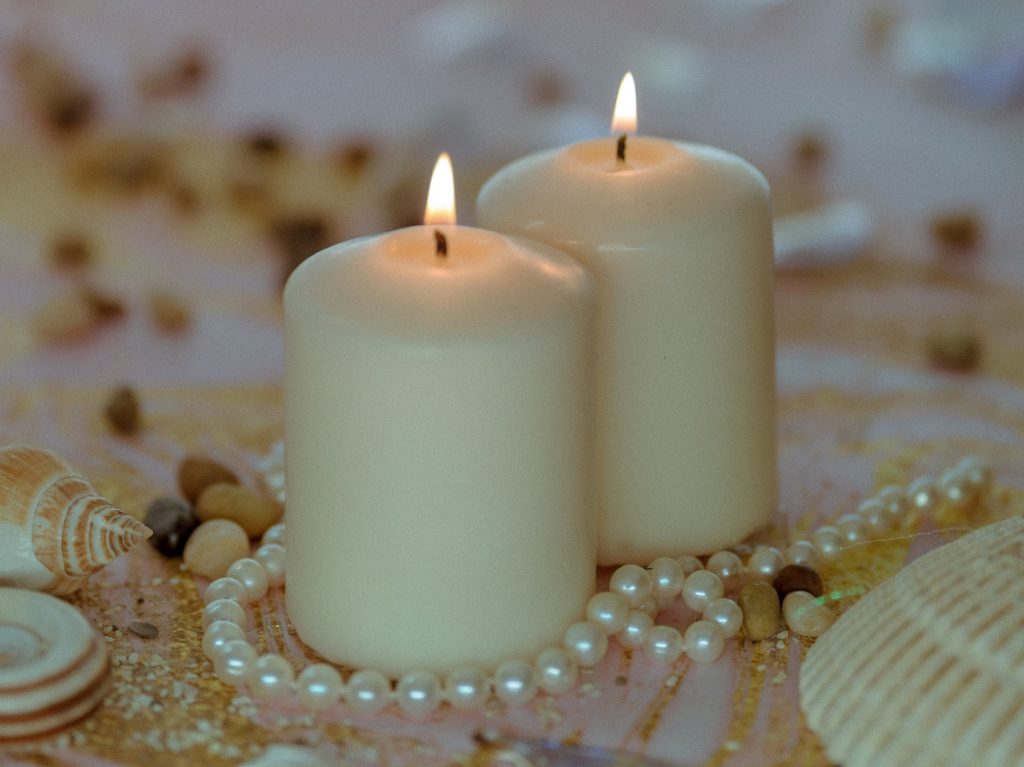
Direct cremation
What is a direct cremation?
A direct cremation is NOT a funeral. This is important to recognise.
A direct cremation is where the body of the person who has died is taken straight to the crematorium and cremated without a funeral ceremony*.
The latest Sun Life Cost of Dying Report 2025 suggests 20% of all UK funerals are now direct cremations. This figure likely to rise as the many holders of pre-paid direct cremation plans come to the end of their lives.
The term ‘direct cremation’ is used to describe both the service offered by online direct cremation providers, and the unattended committal of a coffin which is a service that is provided by any funeral director.
Where online direct cremation providers are used, what you will get is a straightforward transfer from A to B, with minimal involvement by staff and none from bereaved people. With some companies, people who have died can be transported hundreds of miles to the place where they will be cremated.
All paperwork and arrangements are made on the phone or online and the cremated remains will be handdelivered to you some weeks later.
You will not be able to visit the person that has died in a chapel of rest and with some online companies you may not be informed when and where the cremation is taking place.
The Cremation Society of Great Britain have produced a really useful booklet on direct cremation which goes into more detail – you can find it here.
*It is, of course, possible to organise a ceremony elsewhere that precedes, coincides with or follows a direct cremation if you want to, but this would be separate from the direct cremation service.

Have you had experience of someone choosing direct cremation?
The Good Funeral Guide has launched a project to understand more about the recent rise in the numbers of people choosing direct cremation.
We have designed a questionnaire for anyone who has experienced someone dying and then having a direct cremation.
If you have done so, we would really appreciate your input.

Funeral directors offer direct cremations
Your local funeral director will also be able to offer you a direct cremation service, where everything takes place locally, and you’ll have advice and support of the team in person.
In most cases, a direct cremation organised with a funeral director will be for a similar cost to one organised with an online provider.
A direct cremation is generally significantly cheaper than an attended funeral and for many people money is the determining factor, whether through choice or circumstance.
Where money is not a significant factor there may be a number of reasons clients may choose a direct cremation, including feeling that the kind of traditional funeral we are all familiar with doesn’t feel right, and doesn’t feel like good value for money.
A local funeral director can advise you about what a direct cremation through them will entail and help you explore how to make the funeral you want more personal and individual.
We have produced a suggested series of questions to consider when deciding if a direct cremation is right for you -either through an online company or a local funeral director.
What to consider?
If you are thinking about direct cremation for your own future funeral, or planning one for someone close, we feel it’s important to talk the decision through with family and friends.
You and they may want to consider the following:
Is it important to have the opportunity to spend time with the body of the person that has died?
Is it important for you to know where the person’s body is being kept before they are cremated and how they are being looked after?
Is it important that the person is looked after and cremated locally?
Is it important to be in the presence of the coffin at a funeral ceremony?
Is it important to have a collective gathering?
Are there important religious, cultural and family heritage reasons for wanting a funeral ceremony.


Separating the ceremony from the cremation
Those who choose to have a direct cremation can still organise a commemorative event away from the crematorium. This is appealing to many people, whether for a direct cremation or an attended funeral. All of the elements that make a really meaningful funeral can still be included.
A memorial ceremony or gathering, either formal or informal can also be organised, such as a family trip to somewhere special to you all, a gathering in a favourite pub or restaurant, a party at home – the choice is yours. You can have the ashes present or not, it’s entirely up to you.
Who to choose?
All of the funeral directing companies on our Recommended list offer direct cremation as an option, and most UK funeral companies offer direct cremation as one of their options.
The funeral industry in the UK is still unregulated and there is currently no way of assessing the calibre of the online providers.
We currently recommend only one specialist direct cremation service, Simplicita Cremations, the company founded by Nick Gandon, the pioneer of direct cremation.

Questions to ask a direct cremation provider
We have put together a document that might be helpful if you or someone you know is considering direct cremation.
Click on the link below to open the PDF, or go to our Downloads section to download a copy.
We’d love your support
As a Community Interest Company, the Good Funeral Guide exists to benefit the community and to fulfil a social purpose. We rely on donations and goodwill to continue to do our work.
If you find our website helpful, please consider making a donation to help keep us going.
And if you’d like to support us while joining a community of like-minded people, why not consider joining the Good Funeral Guild?
